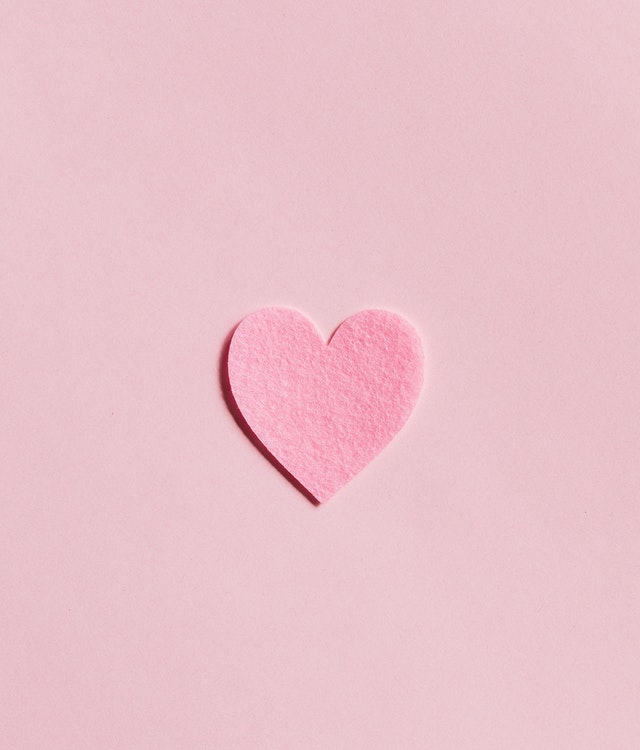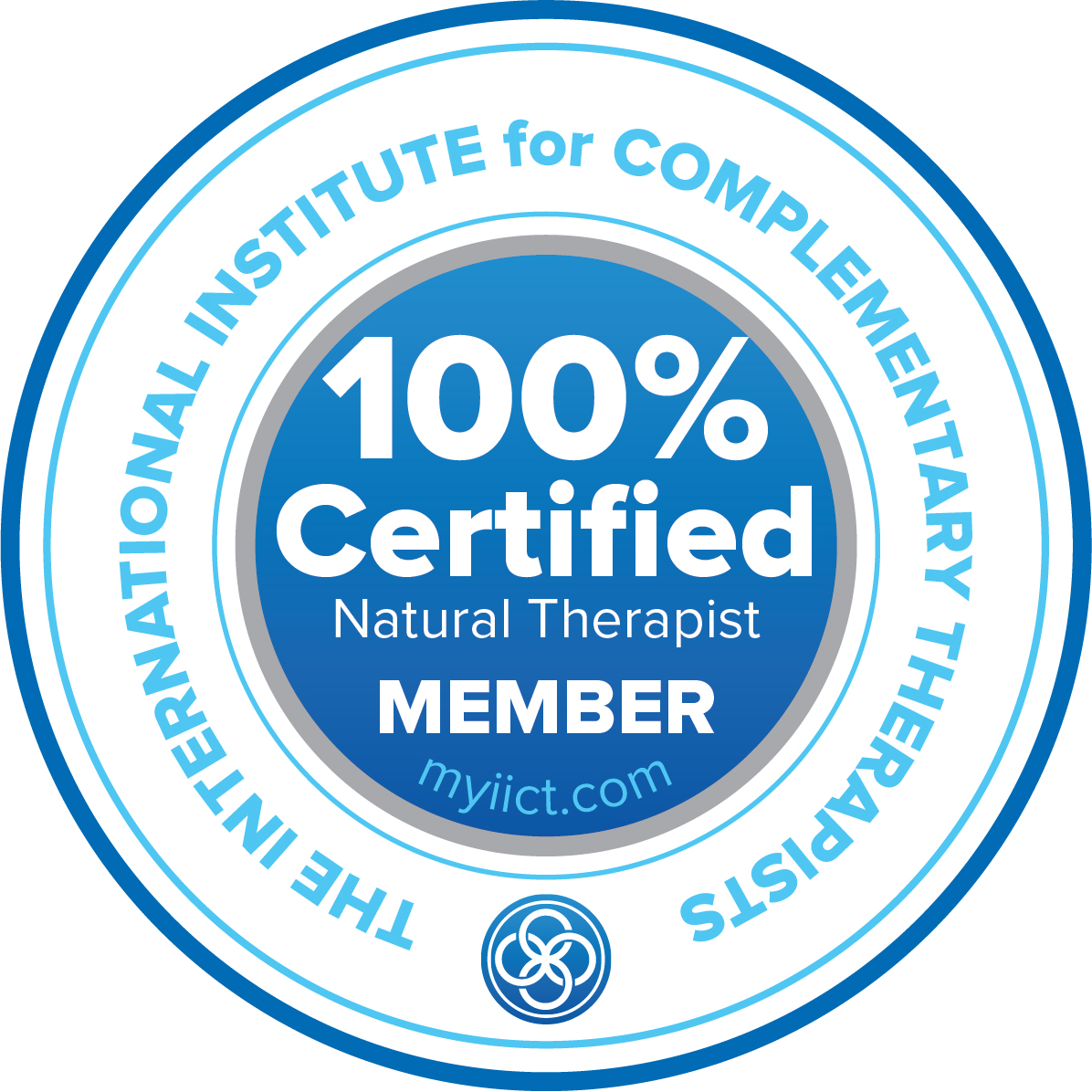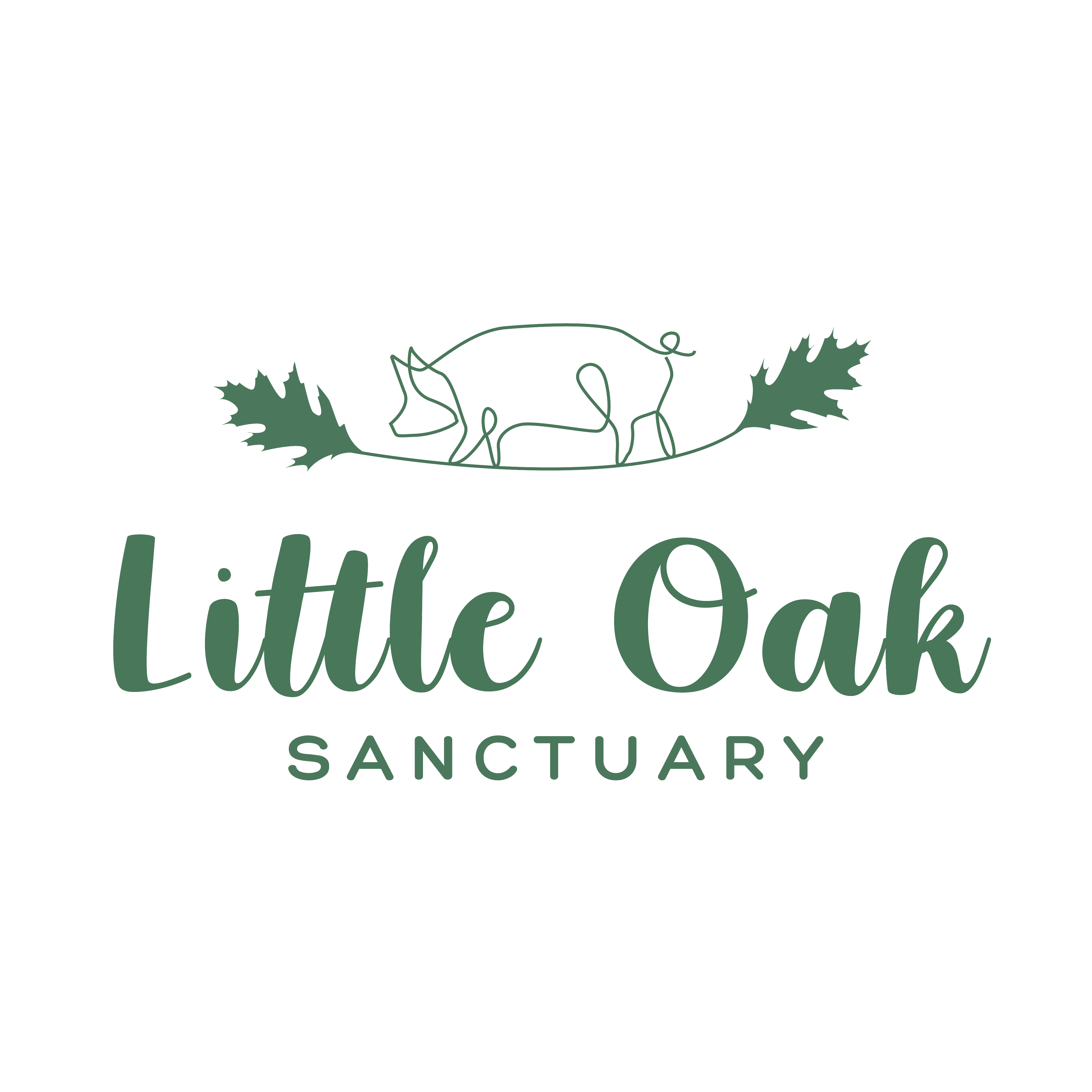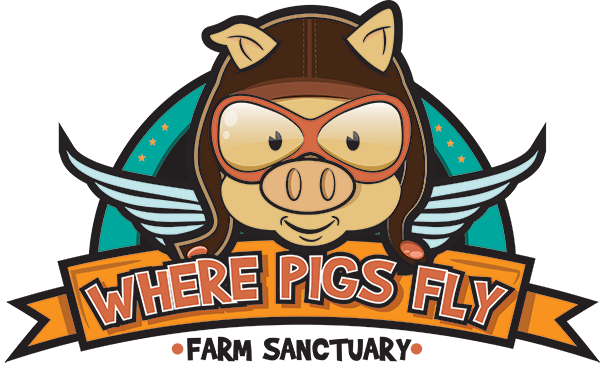For your chance to win a free consultation, sign up for updates here. There's a winner each month :)
Relationship With Yourself

February 2022
In what seems a lifetime ago, every February my workplace at Toys R Us would erupt into a celebration of pink and all things lovey-dovey.
This did not bother me, and I gave it no more thought than the Easter decorations that would pop up a month afterwards, or the Christmas tinsel displayed later in the year. But I remember another team member tidying up the plush toy section and stopping to look at a large teddy bear with its soft furry arms holding a pink heart-shaped cushion. And amidst all the helium heart-shaped balloons in that part of the toy store, she sighed, “Valentine’s Day. Such a waste of money.”
Originally a Christian feast day to pay tribute to a martyr called Saint Valentine (some argue that it was to honour two martyrs of the same name), there’s no doubt that Valentine’s Day has since turned into a more commercial affair.
That’s not to say that people don’t enjoy it. Even school children participate in the annual event. Admittedly, I used to feel awkward at the secret exchange of love letters and cards (“Valentines”) which was actually encouraged by our teachers. I would think, I’m only a kid, and I’d rather not know if anyone in this classroom has a crush on me!
Pressure to Partner Up
In my late teens, my younger sister told me with all the authority and seriousness of a thirteen-year-old: “You should have a boyfriend.” Why? I certainly didn’t want one at the time.
There can be a lot of pressure from our family, friends, and community at large to be in a romantic relationship. I saw The Lobster a few years ago, which was a bizarre dark comedy that touches on the societal pressure to find a mate. It’s set in a world where singles are compelled by law to attend The Hotel where they must find a partner within 45 days or else turn into an animal of their choice. Hotel residents can extend their deadline by hunting and tranquilising uncoupled people (“loners”) in the woods.
Our real world may not be so harsh, but there is often an assumption that a couple is better off than someone who’s single, even if that person appears to be enjoying life immensely on their own. Being loved or cared for by another is socially acceptable, whereas self-care and loving yourself beyond paying attention to basic needs can be looked upon negatively by some (too “selfish”, it might be argued).
This can apply to the domain of sexual pleasure as well. I once shared an office with a woman who liked to have the radio on during the day. She expressed her disapproval when the song I Touch Myself by The Divinyls started to air. It was judged as “so crude”, yet she had no objection to the stream of love-and-sex-themed songs that had been playing earlier that morning. Apparently, it’s okay to express wanting to touch another person but crude if you touch yourself. (Interestingly, in The Hotel of The Lobster, it’s compulsory to be sexually stimulated by a member of the hotel staff, but masturbation is not allowed).
Sacral Chakra and Relationships
Is there any truth behind the assumption that couples are better off than singles?
When I was undergoing training to do chakra readings for people, it was really emphasised that the sacral chakra could reveal information about people’s relationships, but this was not to be confused with relationship status. Rather, the state of one’s sacral chakra shows how people feel about their relationship status. I’ve done readings for people who are very happy in their relationship, and for others who wanted a partner because they felt lonely. There were also spouses who were unfulfilled in their marriage, and singles who had no desire to find a significant other at all – they were perfectly content on their own or with their circle of friends and rich social life.
As I wrote in Channel: ‘Problems or stagnation in the relationship area of the sacral chakra can show up for someone who is in a relationship but feeling dissatisfied or wanting to leave. On the other hand, the appearance of a bright vibrant orange colour may show up for someone who is single and loving it.’
I’ve done hundreds of chakra readings and have found no clear pattern to indicate that couples are emotionally better off than singles, or vice versa.
This suggests that it may not be appropriate to pity someone for being single. I’ve had friends who wanted to announce, “It’s alright, people! I’m really happy. You should have worried about me when I was in a relationship.” It was ironic that for some singles, their family and friends were not so eager to help or check-in when they had been less content – or even desperately unhappy – with a previous partner. It’s not uncommon to hear, “Oh, you’re still single? Well, I hope you find someone soon.” By contrast, how many times have you heard, “Oh you’re still with that same person? Well, I hope you break up soon.” Neither of these statements make a lot of sense. Rather than hope for your friend to have a certain relationship status, why not just hope that they’re happy, regardless of whether they are coupled?
Artist Dates
It’s true that there are various things that can be really fun to do with another person. However, sometimes those same things can be appreciated in a different way when you do them by yourself.
If you’ve ever completed the self-guided course in The Artist’s Way book by Julia Cameron, you’ll be familiar with the idea of artist dates. These are weekly scheduled appointments set aside to allow your inner child/artist to play; it’s a real treat, and no one else is allowed to tag along with you. It’s a date with yourself, essentially.
I’ve done the course several times, and those artist dates were great fun regardless of whether I was single or in a relationship. At times I’d think, “Oh this would be really cool to do with another person”. But then I’d figure out how to enjoy the activity by myself, which is not better or worse, just different. Yeah, it’s nice to walk along the beach with a friend or partner, but am I going to relish the opportunity to quietly sit on the sand, alone with my thoughts, watching the ocean if I’m with another person? Or fully appreciate the colours and textures of various sea shells as I go on a spontaneous shell-collecting expedition? Probably not. It’s harder to immerse yourself in a certain experience if someone else is there and you’re expending energy engaging in a conversation, or trying to work out what you both want to do next. Both scenarios have merit – spending time with a loved one and nourishing yourself on your own – but not everyone makes time for both.
I was talking to a colleague once about this strange phenomenon whereby many people I know seem to have found romance while away on holidays, when they were the least interested in being in a relationship. My colleague said he had noticed the same thing, and that it was no coincidence. He explained that those are the times when you’re having the most fun, not looking for a partner, not coming across as needy or stressed from work or tired or bored with life. That’s when people are the most attractive, with a certain vitality and healthy glow that can be magnetic to others who want to be around you.
From Looking Out to Looking Within
The number one question I’ve been asked when giving a reading has related to work – as in career or livelihood – which makes sense since we spend a significant chunk of our time doing work. But close behind is the question of relationships – people are generally keen to know when they’ll find a partner, when would be a good time to get married, how to stay with their soulmate, etc. Although I’ve stated that I’m no fortune-teller, these questions about romance and destiny are common, as well as understandable given the pressure to partner up with “the one”.
When I was a reader at Living Energies, I was often asked by potential clients whether there was a psychic available who could help them with questions about “twin flames”. I would happily turn those people away to find another intuitive who didn’t mind talking about that topic. To me, asking, “Is this person my twin flame?” is not that helpful. Even if you’ve found your twin flame, your other half, your soulmate, or a spouse from a previous life, so what? Do you get along in this life? Do you even know this person? (I’ve been asked, “Is he the one?”, when the relationship hadn’t progressed beyond the acquaintance stage). Does it feel right to be with this person now?
I knew an art therapist who met her husband at a wedding. She’d been asked if the romantic atmosphere had anything to do with them falling for each other, or whether it was love at first sight. She said no, but that she had a strong feeling when she first saw him and the thought that crossed her mind was: “I know him.”
I experienced something similar when I met my husband. It definitely wasn’t love at first sight. He appeared quite serious the first day we worked together, all business-like and not cracking any jokes (I don’t know why, but I just knew he had a great sense of humour before he showed any evidence of it). Part of me was amused, with the thought, “Oh you don’t recognise me yet”. And that thought itself confused me, because why would he recognise me? We didn’t know each other. But I had that sense of “I know you” just as the art therapist had described. Was it because we knew each other in a past life? Was it some sort of premonition of our future life together? In the end, does it really matter?
Just as I would say to someone who’s curious about twin flames, what matters is that two people both want to be together and are compatible enough now. And meeting a lover from a previous life does not mean it’s a good idea to get together in this one. If you believe in past lives, then it’s likely that there are many souls with whom you’ve had an intimate connection. It would be exhausting trying to rekindle a romance with all of them again!
Furthermore, even if you begin a relationship with a suspected “twin flame” or “the one”, there’s no guarantee that you’ll stay happy or experience continued contentment from there. You may have heard of instances where as soon as people became involved in a relationship that they desired, the focus switched away from trying to find a partner to instead becoming preoccupied with what they were getting out of the partnership: “Is this person giving me what I want? Am I being given everything I need?”
In some cases, this kind of focus can result from not honouring our relationship with ourselves. It might then become easy to forget the importance of also asking, “Am I giving myself what I want? Am I meeting my own needs?”
I used to help facilitate group therapy sessions at a drug rehabilitation facility, which is where I completed work experience with the art therapist described earlier. In one relationships group, the residents were asked to create a list of qualities they wanted in a partner (intangible qualities, nothing physical) as though they were about to post a dating ad. When the lists were finalised, they were asked, “Are those qualities recognisable in you? Do you think you’re going to attract a person like that if you don’t have those things yourself?” So, if honesty was on the list, they’d have to ask if they were consistently honest. If the ability to make them laugh was required, then they’d better have a sense of humour themselves! If “generous” was a desired trait, they’d be encouraged to question whether they tend to give much to others.
Many of the group participants fell silent. A few of them said things like, “I guess I have some work to do.” Most shared that it was an eye-opening experience for them.
Relationship with Yourself
Even in the best-case scenario, if you were to enjoy the most perfect partnership imaginable, you’re going to be separated eventually. If it doesn’t end in a conscious, happily-mutual and respectful breakup, then it’ll end when one of you dies. In the latter scenario especially, there can obviously be a lot of grief and difficulty moving on. Even in tragic circumstances, however, people tend to show resilience and an ability to eventually enjoy life again. The famous Judy Sheindlin (known for her TV show Judge Judy) has the following to say in her book Beauty Fades, Dumb is Forever: “The statistics are clear. Women outlive men. There are far more widows than widowers. And those widows aren’t standing around with one foot in the grave. They might have another twenty or thirty years of vitality and adventure.” She goes on to point out that there may be things you can do that were harder to engage in while in a relationship, because “you weren’t born coupled … You pack away some of your own dreams to be part of the team. Now the team is retired, and you can dust off the box, open it up, and see what’s in there.”
Some may even embrace their newfound freedom, as the comedian Jen Kirkman has said of her grandmother (in I Can Barely Take Care of Myself): “Nana, after living as a widow for over thirty years, took great pride in running her own household. No man was there to tell her what to cook for dinner – or even to cook dinner … She was free to have a dinner of black tea and saltines while listening to her favorite radio show about aliens and conspiracy theories.”
There have been occasions when I’ve had to remember how to enjoy myself after getting comfortable for too long being in the company of someone else. At one point, my husband was going out with his friends on Friday nights and it felt like most other people were partying at that time of the week as well. I thought it might be good to hang out with my own friends, but I just didn’t want to. Even though no one was watching me, I felt kind of pressured to participate in a “proper” end-of-week event.
I finally admitted to myself, what I wanted to do most was eat a nice dinner then curl up on the couch with a good book. It seemed like a daggy Friday night, but I did it and felt an unexpected burst of glee. I did it the next time I was alone on a Friday, and then again. I knew I’d reached a turning point when I’d come home after picking up some tasty goodies from the local supermarket that I planned to eat for dinner, jumping on a mini trampoline and psyching myself up for another night of yummy treats and indulgence on the couch with a fun novel, and my husband walked through the door. My face visibly and involuntarily dropped when he told me his social event for work had been cancelled, and he noticed, “You don’t seem happy to see me?” The truth was that I would normally be delighted to see him, but I’d arranged such a wonderful evening with myself that his unexpected appearance felt like an intrusion!
Whether you’re in a relationship or not, why not treat yourself to an artist date (i.e., a playdate with yourself to do whatever your heart desires) this Valentine’s Day? Or any day this week, for that matter? Maybe it could even become part of your weekly schedule to set aside an hour or two to honour that relationship with yourself. After all, that’s the only relationship that we’re guaranteed to have for life, and perhaps beyond …
Click here to receive new articles by email
<-- Previous article Next article -->






